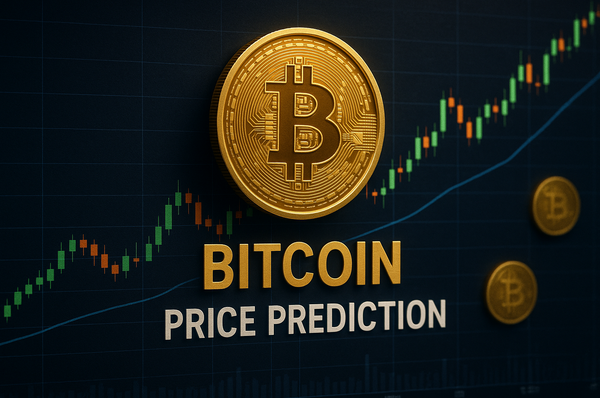Harvard Economist Kenneth Rogoff Concedes Bitcoin $100 Prediction Was "Terribly Wrong" as Price Surpasses $113,000

Harvard University economist and former International Monetary Fund chief economist, Kenneth S. Rogoff, has publicly acknowledged that his 2018 prediction regarding Bitcoin's future value was significantly off the mark. In a recent post on X (formerly Twitter) on August 19, 2025, Rogoff reflected on his earlier forecast that Bitcoin was "more likely to be worth $100 than 100k" within a decade.
Rogoff admitted that he was "far too optimistic about the US coming to its senses about sensible cryptocurrency regulation." He questioned why policymakers would want to facilitate activities like tax evasion, implying that a lack of stringent regulation allowed Bitcoin to flourish beyond his expectations. This sentiment was echoed in his X post, where he stated, "What did I miss? I was far too optimistic about the US coming to its senses about sensible cryptocurrency regulation; why would policymakers want to facilitate tax evasion and illegal activities?"
The economist also highlighted two other critical miscalculations. He confessed to underestimating Bitcoin's role as a "transactions medium of choice in the twenty-trillion dollar global underground economy." Furthermore, he did not anticipate a scenario where regulators and high-ranking officials would "brazenly hold hundreds of millions (if not billions) of dollars in cryptocurrencies," creating what he perceived as a conflict of interest.
Bitcoin, which was trading around $11,000 when Rogoff made his initial prediction in March 2018, has defied his forecast spectacularly. The cryptocurrency surpassed the $100,000 mark in December 2024 and has since traded above $113,000, reaching highs of over $124,000 in August 2025. This represents a surge of over 1,000% since his bearish call.
The crypto community has responded to Rogoff's admission, with many pointing to the irony of Harvard University's own endowment, managed by Harvard Management Company, investing $116 million in BlackRock’s spot Bitcoin ETF (IBIT) earlier this month. This institutional adoption underscores a significant shift in perception towards digital assets, contrasting sharply with Rogoff's initial skepticism. Critics, such as investor Anthony Pompliano, suggested that "Fiat economist still doesn’t understand bitcoin. Blames everyone but himself for missing it."